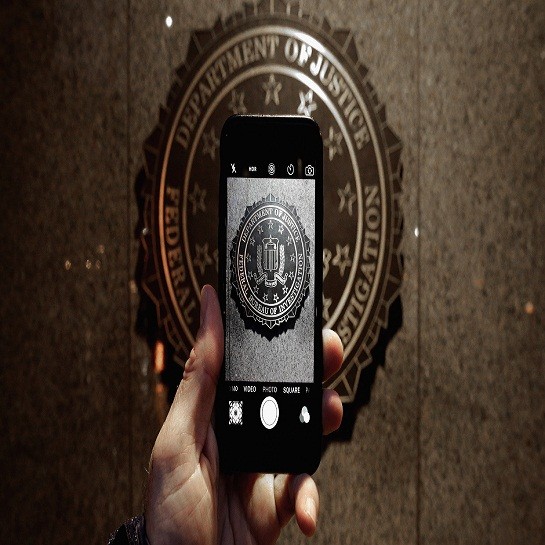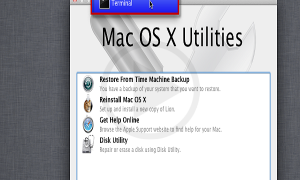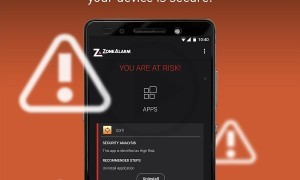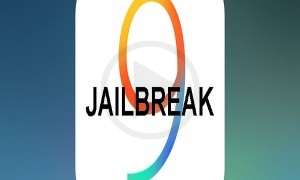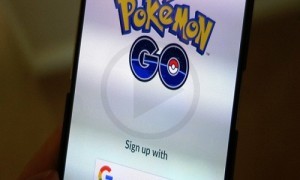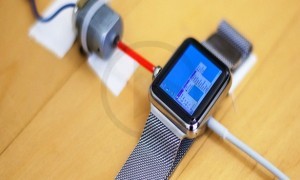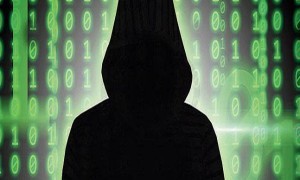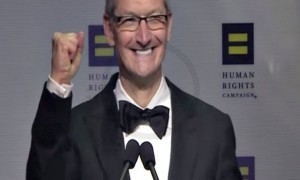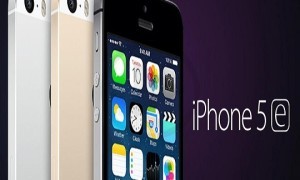Apple suspected that FBI is unnecessarily pressurizing them and the legal problems are forcefully created. Different courts are giving the same orders and the apex body has collaborated with FBI. Brooklyn court constantly pressurized them, but they remained strong. This time a negative reply meant serious consequences but Apple kept on arguing. A notorious drug dealer bought an iPhone and used it for illegal purposes. Apple is not responsible for his actions and extracting his phone data is also absurd, as they view him as just another customer.
Security codes are there to protect sensitive data and bypassing is not allowed. Saying the same thing twice makes no sense and Apple’s answer will not change so soon. The bulky document elaborately described the kind of help they wanted and this burden was too heavy for Apple. Personal privacy is something cyber providers take very seriously and information can’t be distributed to anyone. Specific details are required for investigative purposes and Apple will never come in between that. The information flow from a user to a company takes place through a secure channel and no third parties can come between that. FBI can get information by breaking security codes of any phone, companies can’t protest that.
In connected systems, “backdoor” creation can cause dangerous problems. Leaking of information can start and this will invite attackers to cause havoc. Moreover, once data is decrypted, millions of users are left vulnerable. It is hard to prevent terrorism in this fashion and consequently, FBI became furious. A mobile forensics firm ultimately disabled the phone’s security, predicting the passcode correctly. Terrorism, encryption and power, these three things got totally mixed up and the original focus point became blurry. Political games were not needed here; this was about privacy and safety. However, constantly opposing the government will not put Apple in a good position.

